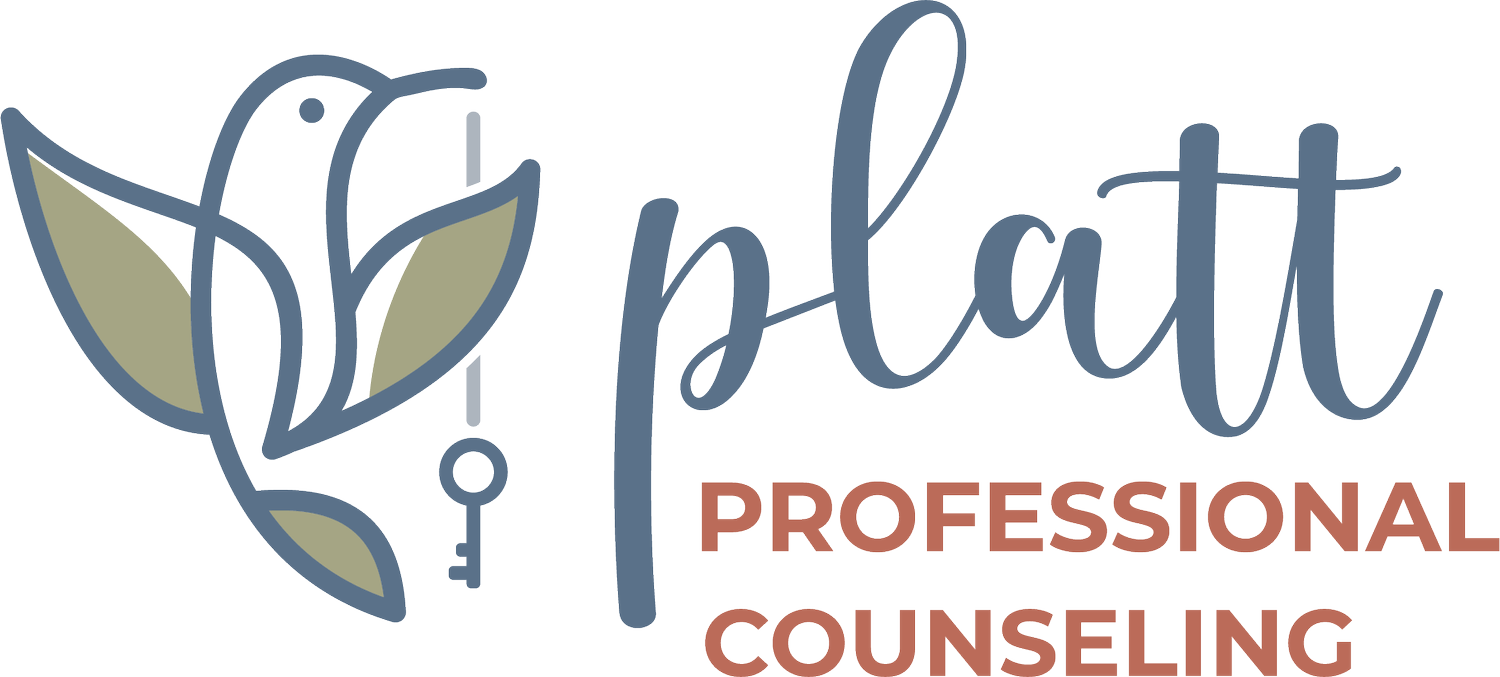Back-to-School Anxiety Isn’t Just for Kids
The school supply aisles are full. Calendars are getting crowded again. Lunchboxes, alarm clocks, and extracurricular schedules are all creeping back into our lives.
And somewhere beneath the hustle, many of us are quietly carrying the same question:
“Why do I feel so off right now?”
Here’s the truth: Back-to-school anxiety isn’t just for kids. The transition touches everyone—students, parents, caregivers, and teachers alike. Even if you're not the one getting on the bus or walking into a classroom, you may still feel the mental and emotional ripple effects of the season.
And you’re not alone.
The Hidden Stress of Seasonal Shifts
While we often focus on children’s nervous energy about new teachers, friends, or routines, adults feel the shift too—just in quieter, more complex ways.
A 2023 study in Translational Psychiatry found that seasonal transitions, especially those involving shifts in routine or expectations, are associated with elevated stress responses and reduced emotional regulation.
Another study from Psychology in the Schools found that parents of school-age children experience a significant increase in daily stress during the first six weeks of school, largely due to time pressure, emotional labor, and concern for their children’s adjustment.
For educators, the start of the school year often brings a wave of expectations and overwhelm. According to a 2022 RAND Corporation survey, teachers reported higher rates of job-related stress than nearly every other profession in the U.S.
Translation?
You're not imagining it. This time of year is a lot.
Why It Can Feel So Personal
For parents and caregivers, back-to-school season can poke at some of our most vulnerable places:
“Am I doing enough for my kid?”
“Will they feel safe and connected?”
“How will we balance everything again?”
Even if things are generally fine, the transition can resurrect old worries or ignite new ones. And when children are stressed, we feel it too. This is called emotional contagion, and it's especially strong in families. When our kids carry stress, it often shows up in our own nervous systems.
And if you’re a teacher or school staff member? You may be holding the emotional needs of dozens, sometimes hundreds, of students.
That weight can be sacred... and exhausting.
Things to Say (To Your Kids… and Yourself)
Sometimes, we don’t need a fix, we just need language that helps us feel a little less alone. Here are a few talk tracks you can borrow:
For your kids:
“It’s okay to feel nervous. A lot of kids and grownups feel the same way right now.”
“You don’t have to feel brave to be brave. You’re doing great.”
“Let’s take it one step at a time. We’re in this together.”
For yourself:
“It makes sense that I feel overwhelmed. Change takes energy.”
“I can give myself the same grace I’d give someone I love.”
“This season will settle, but I’m allowed to name the hard parts.”
You don’t have to say the perfect thing. You just have to stay connected to your emotions and to the people you love.
When Therapy Might Help
Most of the time, this kind of stress softens as routines fall into place. But there are times when it lingers or grows.
If you find yourself:
Feeling on edge most days
Snapping more than usual at home or work
Losing sleep over school-related stress
Watching your child withdraw, meltdown, or struggle emotionally
…it might be a sign that extra support could help.
APA observes that talking to a mental health professional improves emotional resilience and reduces stress, especially during transition periods.
Therapy isn’t about being broken; it’s about being brave enough to say, “I want to feel better than this.”
You’re Not Behind
This season isn’t a race. It’s a shift. And like any change, it comes with bumps, questions, and recalibrations.
If you're feeling off, anxious, or just tired… you're not weak or behind. You're human.
Let yourself take a breath. Take a walk. Take a beat before saying yes to everything.
And remember: your mental health matters, too.

